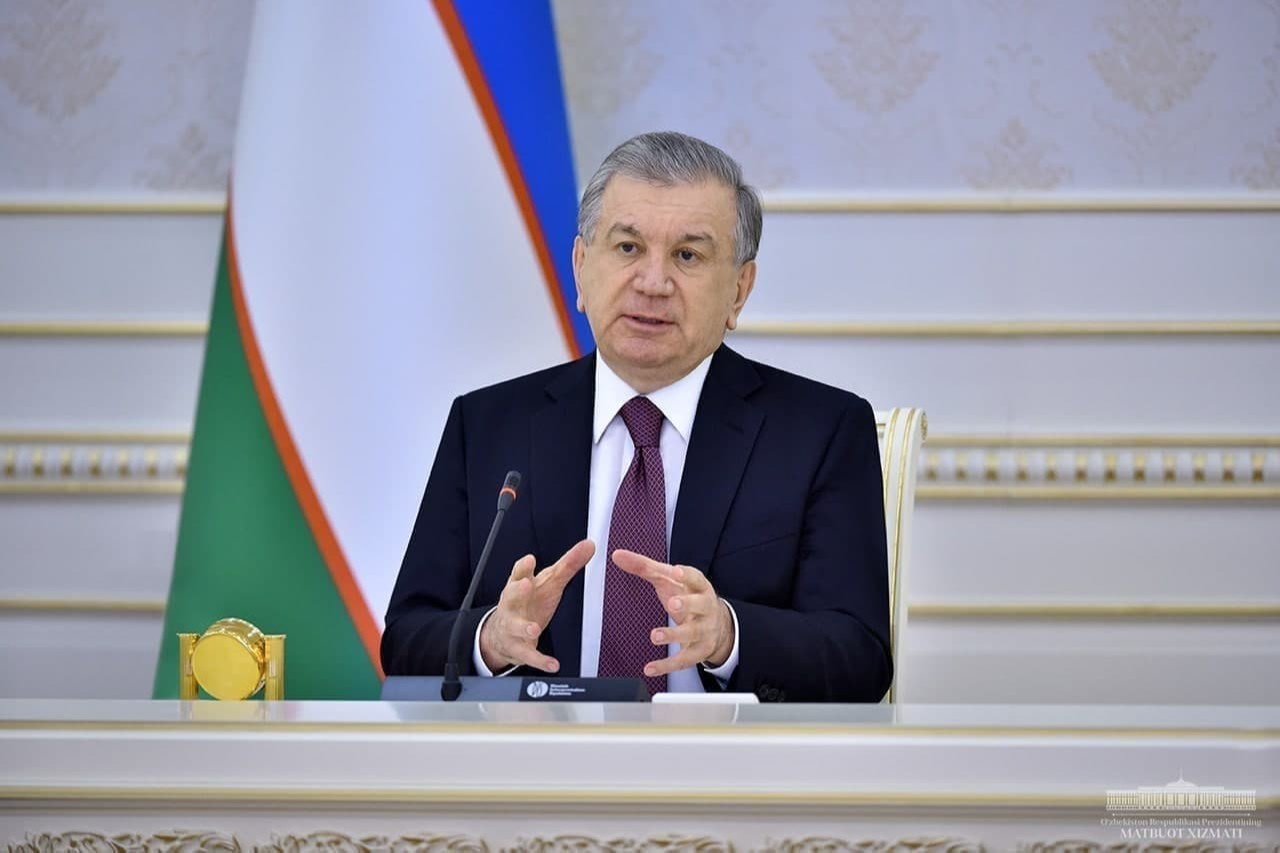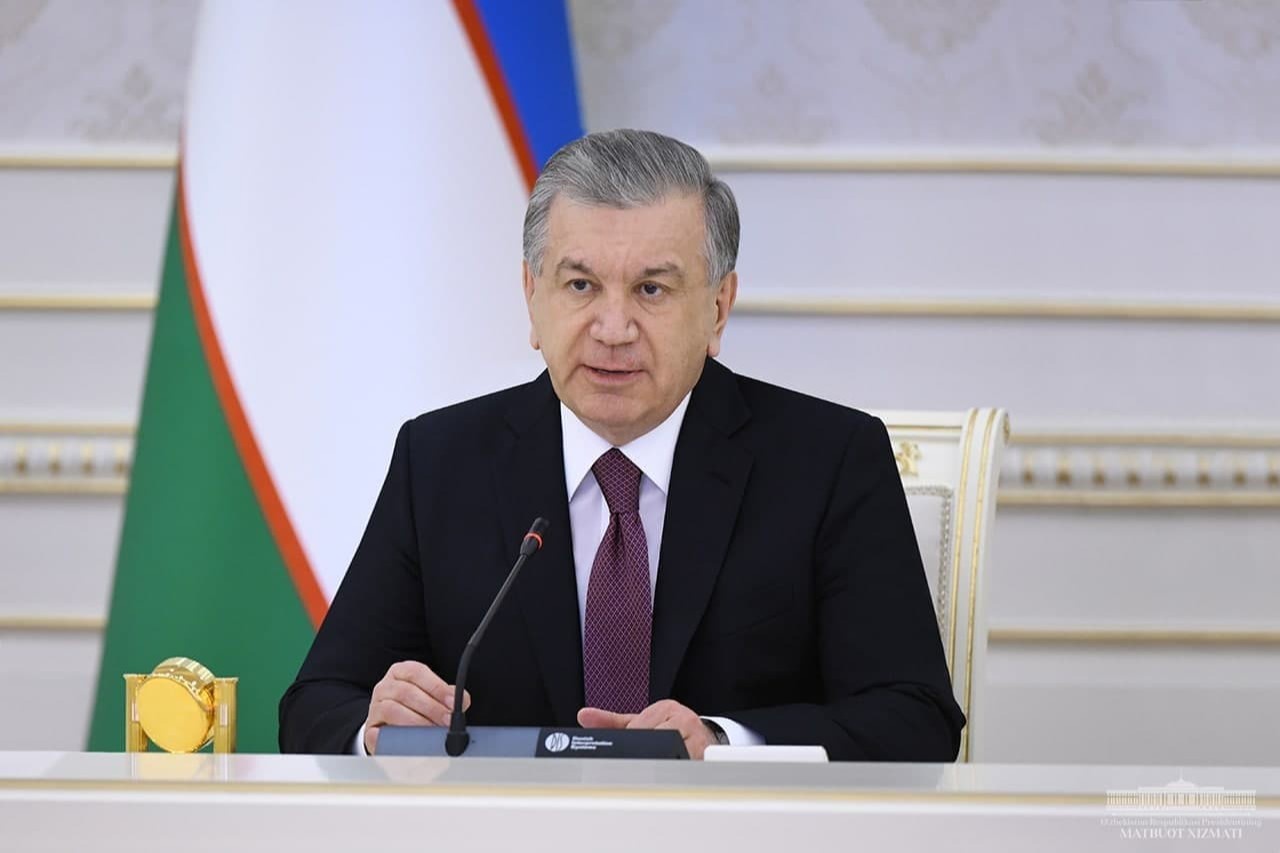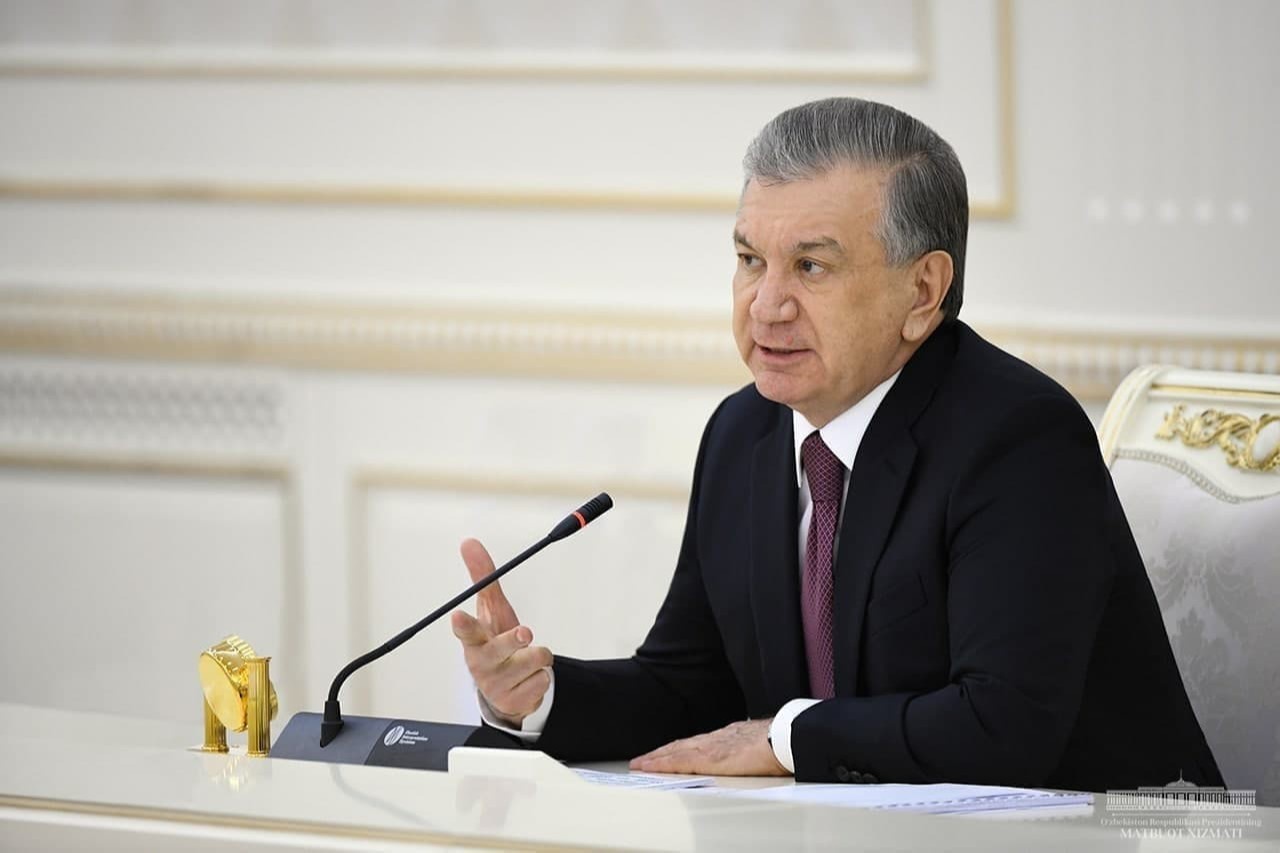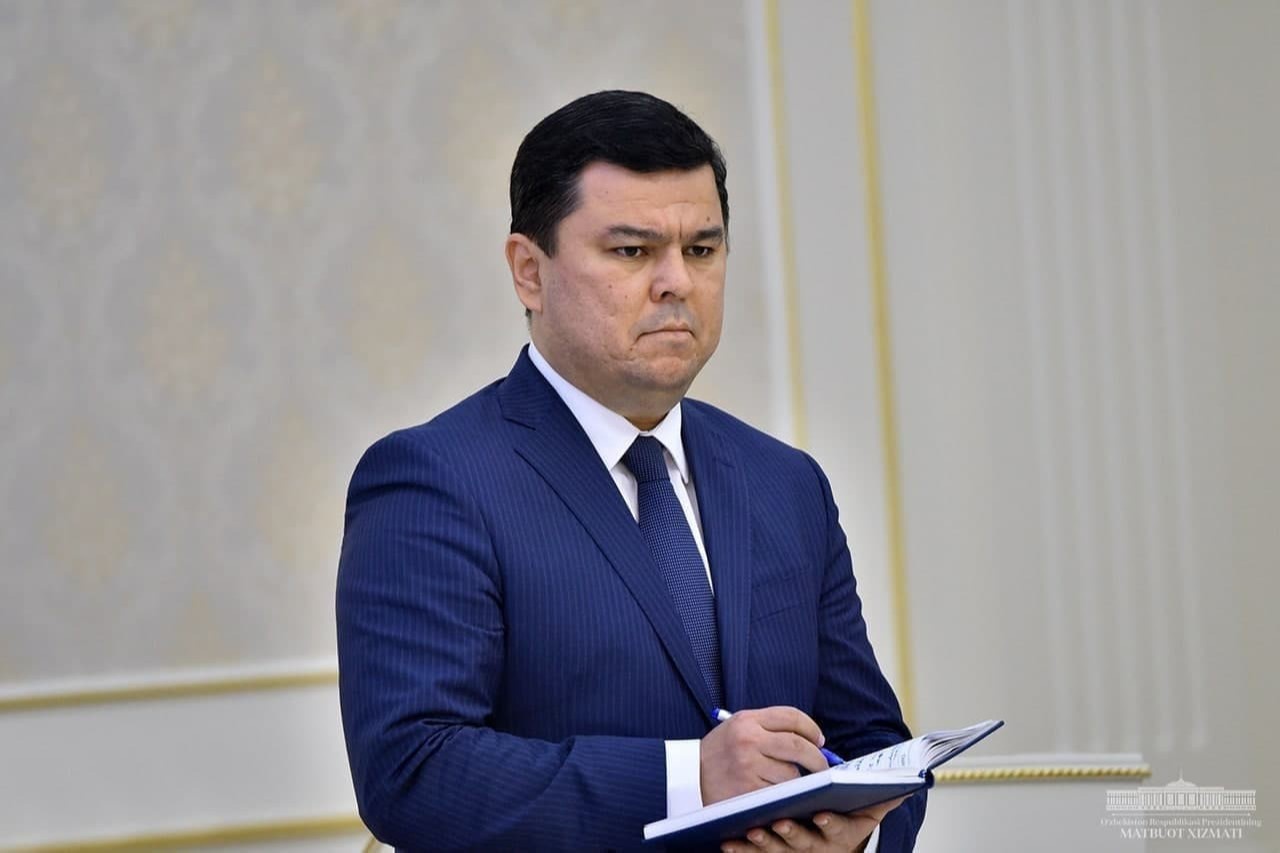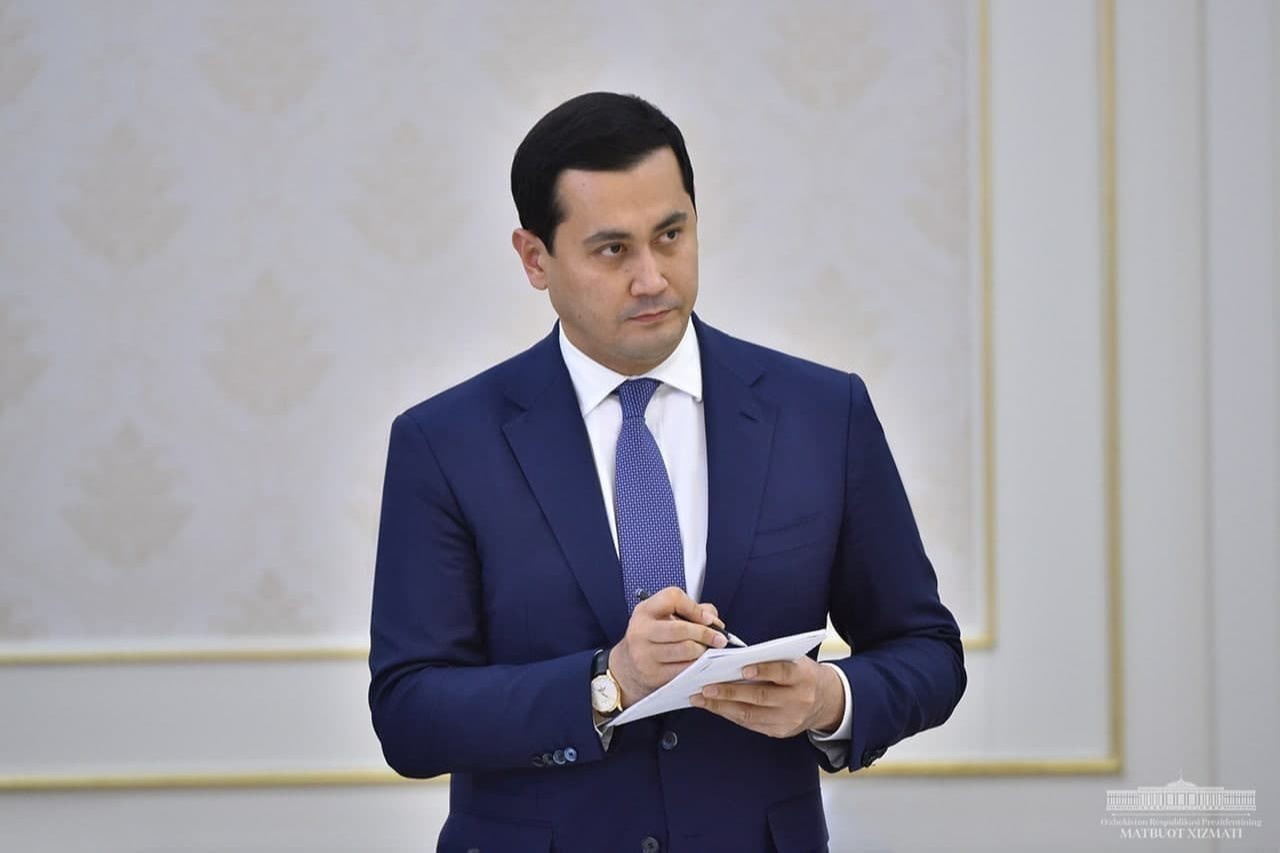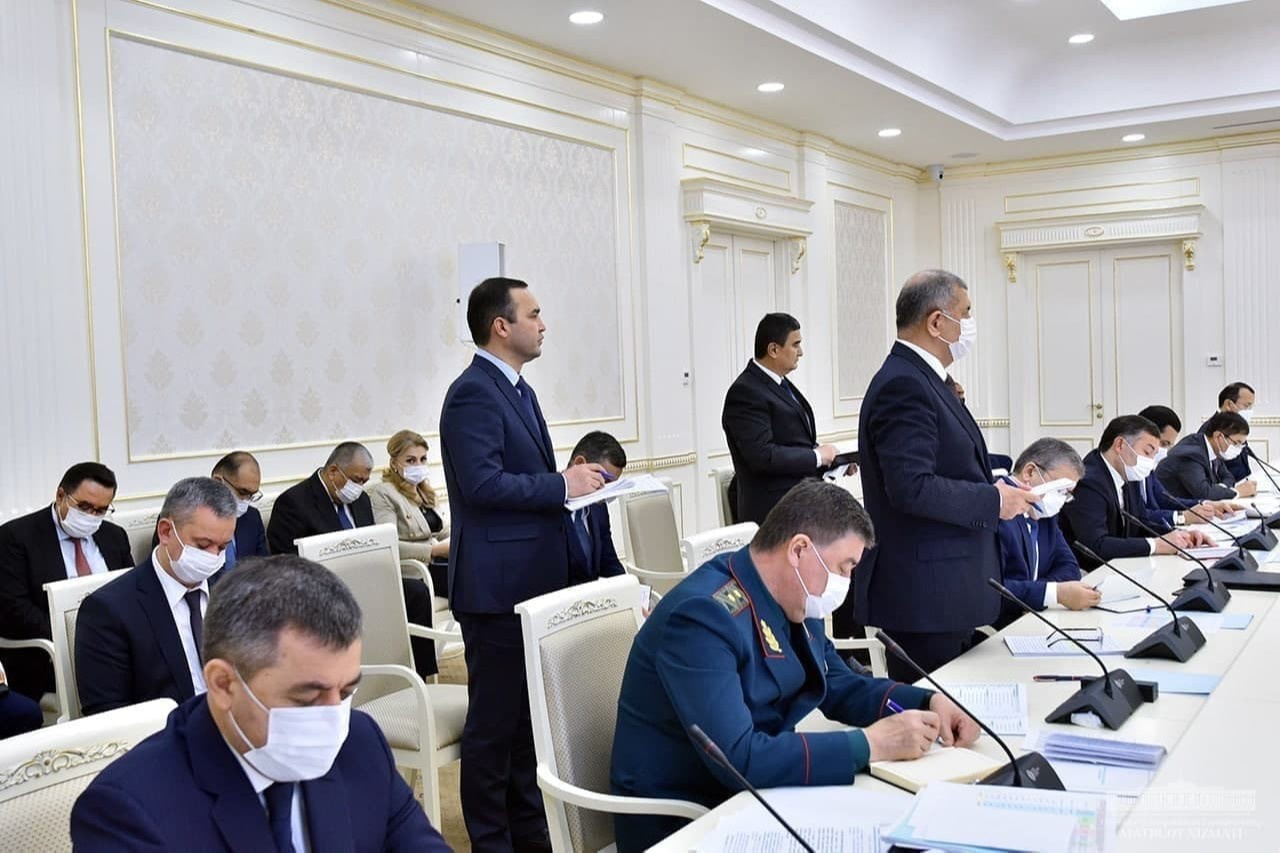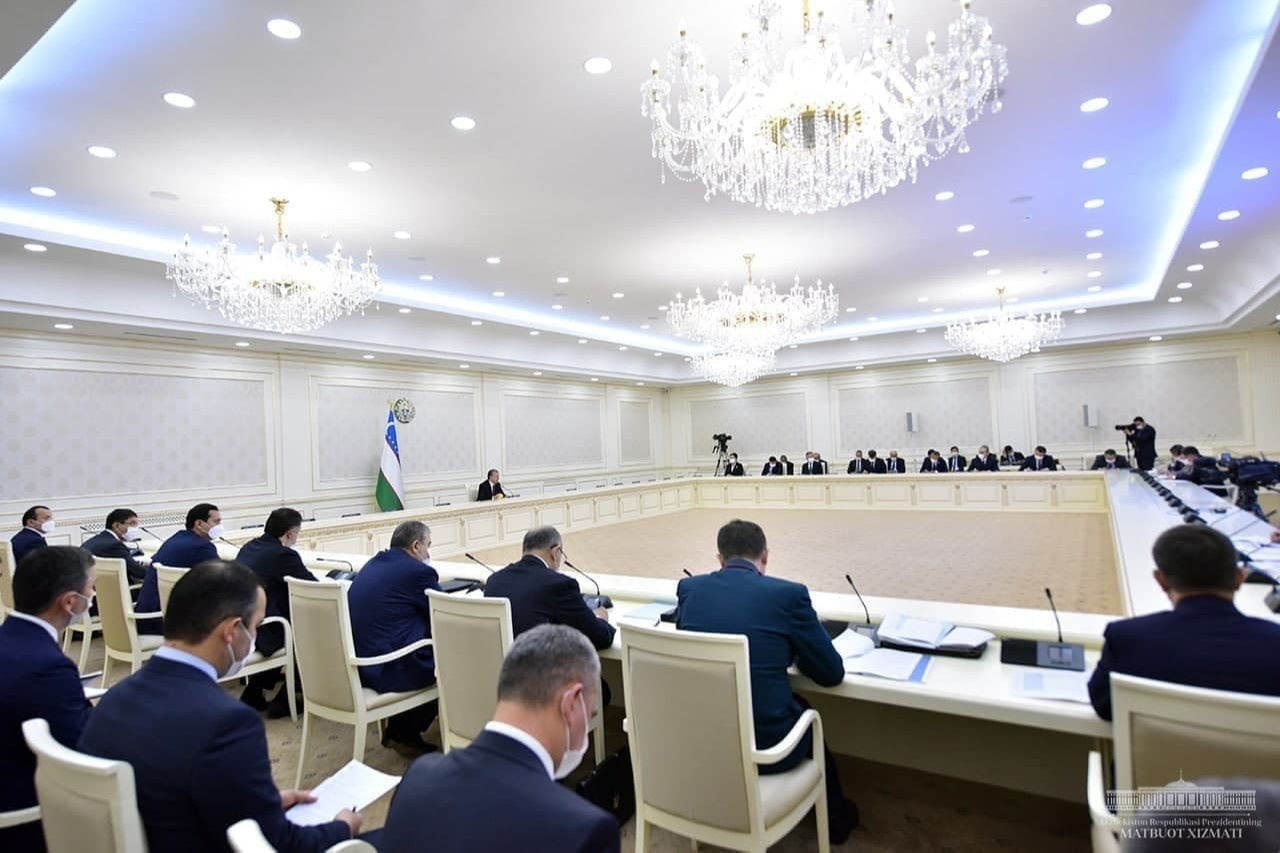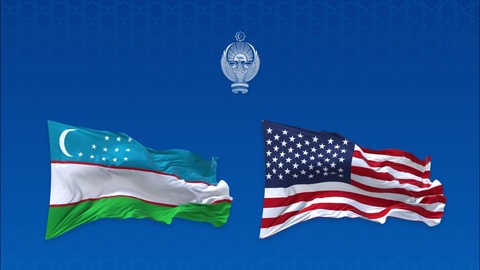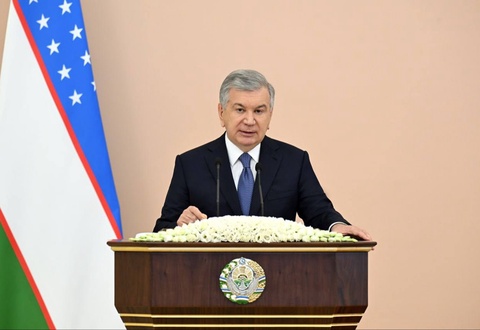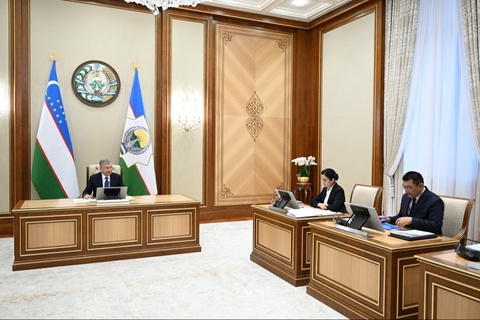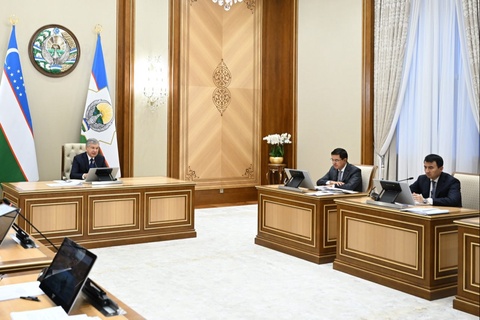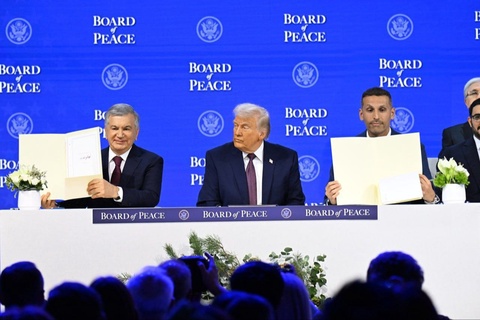Obod Qishloq (Prosperous Village) and Obod Mahalla (Prosperous Neighborhood) Programs were adopted by presidential decrees in 2018. Over the past period, these programs have improved conditions in 1.2 thousand mahallas and villages, which are home to about 5 million people. However, last year, the implementation of programs was suspended due to the coronavirus pandemic.
Today, 188 mahallas in 796 villages and towns are recognized as settlements with difficult conditions. The electricity supply is at an unsatisfactory level in more than 4 thousand villages.
The availability of proper infrastructure in rural areas is the key to changing the quality of life and developing entrepreneurship. In this regard, this year, Obod Qishloq and Obod Mahalla Programs were formed based on new approaches. Based on the needs of the population, taking into account the opinions and proposals of hokims of 206 districts and cities, the responsible officials for roads, electricity, utilities and business development, the work to be performed in 8 thousand mahallas was determined. Issues of creating jobs and reducing poverty were under discussion along with landscaping.
The upcoming work in these areas was discussed at the meeting. It was noted that this year 21 trillion UZS will be allocated for work under these programs.
“This year, marked by the exit from a severe crisis, we allocate so much money without external borrowing. This has never happened in the history of Uzbekistan. But this money must be used honestly, for specific projects, to create decent conditions for people”, the President said.
It was noted that from now on, the issue of including certain mahallas and villages in Obod Qishloq and Obod Mahalla Programs will be decided by the local councils of people’s deputies. The deputy hokims of districts and cities for the economy, construction and mahalla, having prepared an accurate estimate of the work, together with mahalla chairmen will defend it in the local councils.
Local councils will approve targeted programs for the social sphere, drinking water supply, roads and infrastructure facilities in the context of each mahalla. The Ministry of Construction together with hokimiyats will be responsible for the development of design and estimate documentation.
Under this procedure, the issue of including mahallas and villages in the current year’s programs was considered and resolved in all district and local councils last week.
At the meeting, the Cabinet of Ministers and district hokimiyats were instructed to start construction work in all villages and mahallas included in the program within ten days.
The issue of integrated development of 325 villages and 71 mahallas with a difficult socio-economic situation was touched upon. It was decided to allocate 3 trillion 300 billion UZS for the construction and repair of drinking water and electricity supply networks, internal roads and social facilities in these settlements.
Besides, 2 trillion UZS will be allocated for the repair of more than 10 thousand kilometers of internal roads in 2,721 mahallas and 1 trillion UZS for the construction of more than 4 thousand kilometers of drinking water supply networks in 500 mahallas.
The urgency of improving the power supply is increasing. The programs provide for the renewal of 15 thousand kilometers of power lines and more than 4 thousand transformers in 5,377 mahallas, which is 60 percent of the total number of mahallas in the country. About 2 trillion 100 billion UZS will be allocated for these activities.
In addition, together with the World Bank and Asian Infrastructure Investment Bank, works worth 485 billion UZS will be carried out in 21 districts and 60 villages of Fergana, Andijan, Namangan, Syrdarya and Jizzakh regions within the framework of rural infrastructure development project.
Responsible persons were instructed to use the funds effectively and complete all the work by November 1.
The Ministry of Housing and Communal Services was tasked with improving the system of operation of internal roads, sidewalks, social facilities and multi-apartment housing.
Issues of increasing employment of the population were discussed at the meeting.
“A well-maintained village, a well-maintained mahalla is not only an improvement in roads or appearance, but also an increase in the income of the population, the full operation of social facilities. The most important thing is that there were no “iron”, “women’s” and “youth” notebooks in a prosperous mahalla. To do this, it is necessary to consult with entrepreneurs, establish production and create new jobs. Each sum spent should bring three times more benefits to our people and contribute to the growth of income”, Shavkat Mirziyoyev said.
It is necessary to link entrepreneurship and employment programs with mahallas, provide jobs for 500 thousand young people and 200 thousand women, and bring 300 thousand people included in the “iron notebook” out of poverty, was noted at the meeting.
For this purpose, 9 trillion UZS will be allocated for family entrepreneurship programs this year, and small industrial zones will be created in 128 mahallas at the expense of 1 trillion UZS.
Deputy Prime Ministers, Chairman of the Chamber of Commerce and Industry and Business Ombudsman were instructed to hold regular meetings with entrepreneurs and solve their problems.
The programs also define measures for the development of the social sphere. In particular, 379 schools, 171 pre-school education institutions and 161 medical institutions will be built and repaired under Obod Qishloq Program, 57 schools, 37 kindergartens and 15 medical institutions will be built and repaired under Obod Mahalla Program.
The Ministry of Health was instructed to create a “health map” of the settlements included in Obod Qishloq and Obod Mahalla Programs.
It was emphasized that the heads of the sectors should also report to the population about the work carried out on their territory in local councils through the mass media.
Deputy Prime Ministers, Ministers and Hokims provided information on the issues discussed at the meeting.


